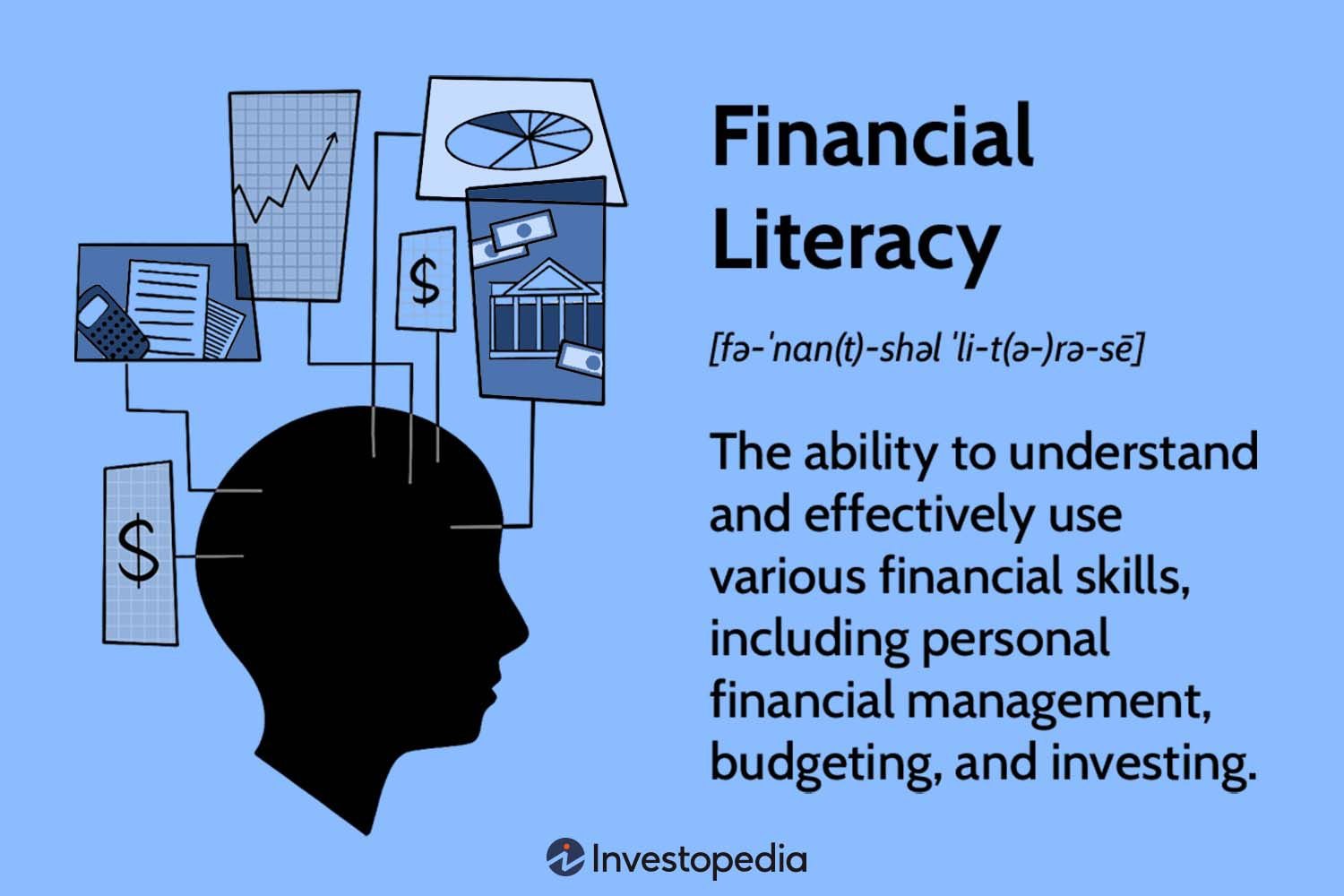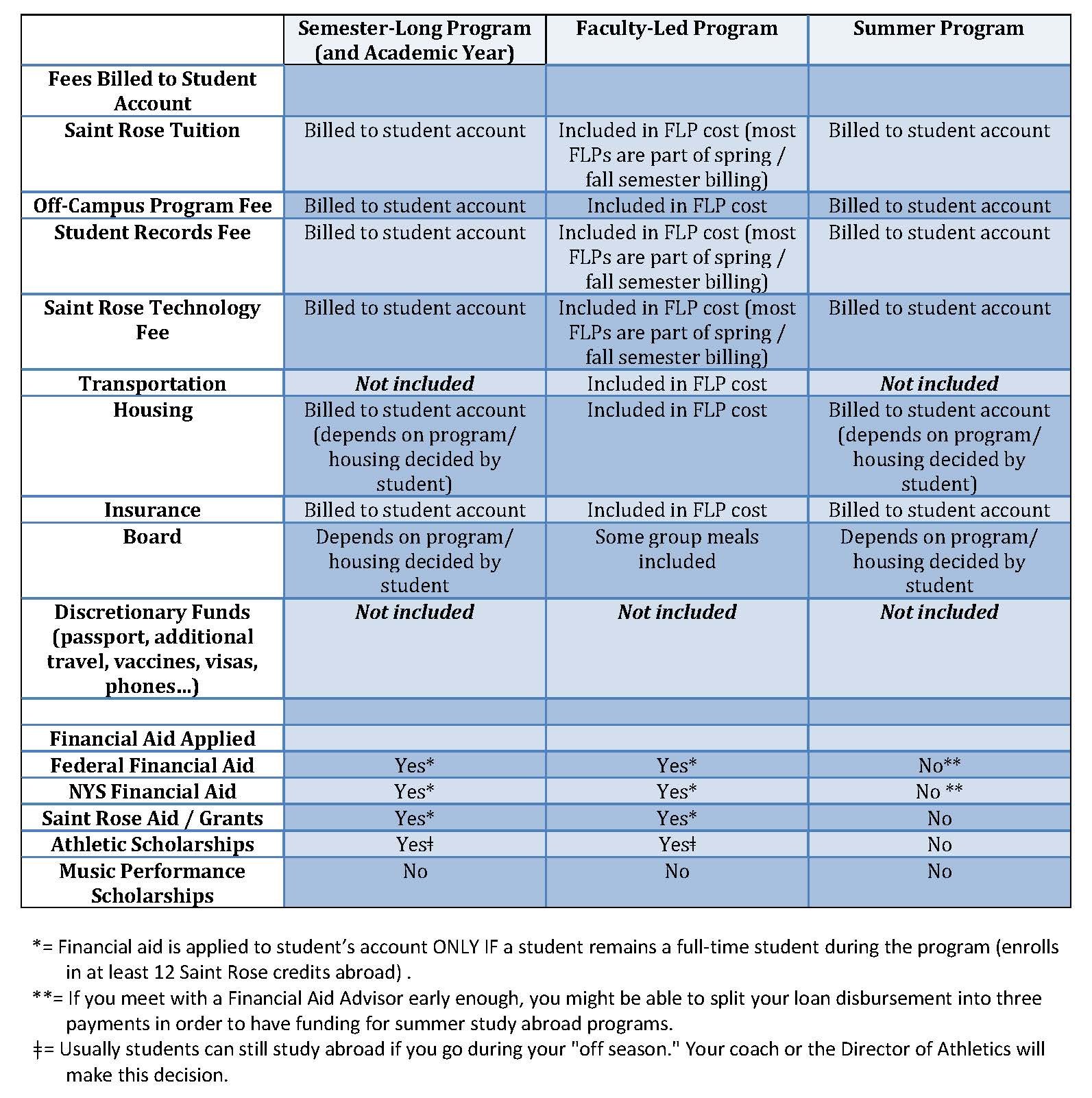Financial literacy is essential for teenagers to navigate the complexities of the modern world. It equips them with the knowledge and skills needed to make informed financial decisions, setting them up for a lifetime of financial success. Understanding concepts such as budgeting, saving, investing, and managing debt empowers teenagers to take control of their financial future. With the importance of financial literacy for teenagers in mind, it is crucial to provide them with the necessary tools and education to develop a strong foundation in financial management. As we delve into the details, we will explore the various reasons why financial literacy is so vital for teenagers today.
The Importance of Financial Literacy for Teenagers
As teenagers navigate through their formative years, it becomes increasingly crucial for them to develop a solid understanding of financial literacy. The earlier they learn about money management, budgeting, and saving, the better equipped they will be to make responsible financial decisions in adulthood. In this article, we will delve into the various reasons why financial literacy is essential for teenagers, exploring key subtopics such as the value of early financial education, the impact on future financial stability, and practical tips for fostering financial literacy skills.
1. Early Financial Education: Laying the Foundation for Financial Success
Teenagers are at a critical juncture in their lives where they are starting to earn and spend money independently. Introducing financial literacy at this stage can significantly impact their future financial success. Here’s why:
- Building Money Management Skills: Teaching teenagers about budgeting, tracking expenses, and setting financial goals helps them develop essential money management skills. These skills establish a solid foundation for responsible financial behavior in adulthood.
- Instilling a Savings Mindset: Encouraging saving habits from a young age helps teenagers understand the importance of setting aside money for emergencies, future goals, and unexpected expenses. This early exposure to saving can lead to lifelong financial security.
- Developing Responsible Spending Habits: By teaching teenagers about the value of money, it becomes easier for them to distinguish between needs and wants. They become more likely to make informed spending decisions, avoiding impulsive purchases and unnecessary debt.
1.1 The Role of Schools and Parents in Early Financial Education
To empower teenagers with financial literacy, a collaborative effort between schools and parents is essential. Here’s why both play crucial roles in providing early financial education:
- Schools: Integrating financial literacy into the school curriculum equips teenagers with practical knowledge about money management. It helps them understand concepts like budgeting, credit, and investing. Schools can organize workshops, invite financial experts, or offer elective courses to enhance financial literacy among students.
- Parents: As primary role models, parents have a significant influence on their teenagers’ financial habits. Engaging in open discussions about money, involving teenagers in family budgeting, and allowing them to manage their own finances under parental guidance can foster responsible financial behaviors.
2. Future Financial Stability: The Long-Term Benefits of Financial Literacy
Financial literacy during teenage years sets the stage for long-term financial stability and success. Understanding the importance of financial planning, investments, and debt management can have a profound impact on their future. Here are some reasons why financial literacy contributes to future financial stability:
- Building Credit Responsibly: Teenagers equipped with financial literacy skills are more likely to understand the implications of credit and debt. They can establish and maintain a good credit score, paving the way for future opportunities such as getting loans with favorable terms or renting an apartment.
- Enhanced Employment Prospects: Financial literacy skills make teenagers more attractive to employers. Proficiency in financial matters, such as understanding employee benefits, negotiating salaries, and managing retirement accounts, demonstrates maturity and responsible decision-making.
- Savvy Investing: With a solid foundation in financial literacy, teenagers can develop an understanding of investing. They can make informed decisions about investing their savings, potentially growing their wealth over time.
2.1 The Role of Technology in Enhancing Financial Literacy
In today’s digital age, technology can play a significant role in enhancing financial literacy among teenagers. Here are some ways technology can be harnessed to improve financial knowledge:
- Mobile Apps: Interactive mobile applications can help teenagers track their expenses, set financial goals, and learn about money management in a gamified and engaging manner.
- Online Courses and Webinars: Online platforms offer a plethora of financial literacy courses and webinars specifically designed for teenagers. These resources provide access to expert advice and practical knowledge at the click of a button.
- Virtual Simulations: Virtual simulations allow teenagers to practice financial decision-making in a risk-free environment. These simulations provide valuable hands-on experience in managing money, investing, and budgeting.
3. Practical Tips for Fostering Financial Literacy Skills
While understanding the importance of financial literacy is crucial, practical implementation is equally essential. Here are some practical tips for fostering financial literacy skills among teenagers:
- Encourage Saving: Teach teenagers the habit of saving by setting savings goals. Help them open a savings account and explain the concept of compound interest, illustrating how saving early can yield significant long-term benefits.
- Involve Teens in Budgeting: Allow teenagers to participate in family budgeting discussions, helping them understand income, expenses, and the importance of prioritizing financial goals.
- Introduce Allowances and Chores: Providing teenagers with a regular allowance in exchange for completing chores teaches them the value of work and money. It also offers them a chance to practice budgeting and managing their own finances.
- Encourage Financial Discussions: Create a safe and open environment for conversations about money. Answer their questions, discuss financial decisions, and share personal experiences to help them develop a healthy relationship with money.
- Explore Financial Literacy Resources: Utilize various educational resources like books, websites, podcasts, and videos that cater to teenagers’ financial literacy. These resources present information in an engaging and relatable manner.
By implementing these tips and fostering financial literacy at an early age, we can empower teenagers to make informed financial decisions, setting them on a path to financial success and security in the future.
The importance of teen financial literacy | Igor Curic | TEDxAmsterdamSalon
Frequently Asked Questions
Frequently Asked Questions (FAQs)
Why is financial literacy important for teenagers?
Financial literacy is important for teenagers as it equips them with essential skills and knowledge to make informed decisions about money. It helps them understand the concepts of budgeting, saving, investing, and debt management, setting a strong foundation for their future financial well-being.
How can financial literacy benefit teenagers?
Financial literacy can benefit teenagers in numerous ways. It empowers them to develop responsible financial habits, make wise spending choices, and avoid falling into debt traps. It also enables them to plan for their future, set financial goals, and build a strong financial future.
What are the consequences of financial illiteracy among teenagers?
Financial illiteracy among teenagers can lead to various negative consequences. They may struggle with managing money, fall into debt, and make poor financial decisions. This can affect their ability to achieve financial independence and lead to long-term financial stress.
How can parents help improve their teenager’s financial literacy?
Parents can play a crucial role in improving their teenager’s financial literacy. They can start by teaching them about basic financial concepts, such as budgeting, saving, and responsible spending. Additionally, parents can encourage their teenagers to save money, involve them in discussions about family finances, and lead by example through responsible financial behaviors.
Are there any resources available to help teenagers become more financially literate?
Yes, there are several resources available to help teenagers become more financially literate. Many educational websites, books, and online courses specifically target teenagers and provide interactive tools and lessons on financial literacy. Schools and community organizations may also offer workshops or programs focused on financial education for teenagers.
What are the long-term benefits of financial literacy for teenagers?
Financial literacy provides teenagers with skills and knowledge that can have long-term benefits. It helps them establish a strong foundation for managing money throughout their lives, leading to financial independence and stability. Teenagers who are financially literate are better prepared to handle financial challenges, make informed investment decisions, and achieve their financial goals.
Can financial literacy help teenagers avoid debt?
Yes, financial literacy can help teenagers avoid debt. By understanding the importance of budgeting, saving, and responsible borrowing, teenagers can learn how to manage their finances effectively and avoid accumulating unnecessary debt. Financial literacy teaches them how to make informed decisions and prioritize their spending, reducing the likelihood of falling into debt traps.
Is financial literacy only about managing money?
No, financial literacy is not only about managing money. While it includes skills related to budgeting, saving, and investing, it also encompasses understanding concepts like credit, loans, insurance, and taxes. Financial literacy provides a comprehensive understanding of how money works and equips teenagers with the knowledge to make sound financial decisions in various aspects of their lives.
Final Thoughts
Financial literacy is of utmost importance for teenagers. It equips them with the necessary knowledge and skills to make informed financial decisions. Understanding concepts such as budgeting, saving, and investing will set them on a path towards financial success in the future. By cultivating financial literacy at an early age, teenagers can develop good financial habits and avoid common pitfalls. Moreover, it empowers them to navigate the complexities of the modern financial landscape with confidence and competence. In conclusion, the importance of financial literacy for teenagers cannot be overstated as it lays the foundation for lifelong financial well-being.



